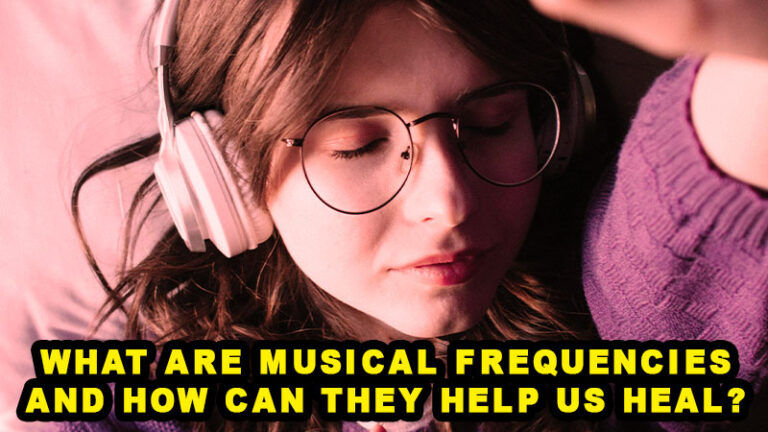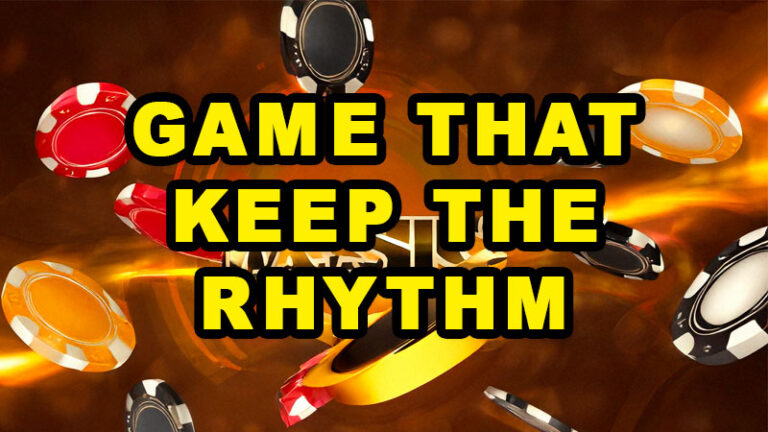The statistics show that the music industry is among the most lucrative and culturally significant sectors worldwide. According to approximations by Grand View Research, the global streaming sector alone hit $46.66 billion in 2024. Despite this growth, the industry still struggles with royalty delays, rights disputes and a tangled web of intermediaries.
But behind the scenes, blockchain technology, once reserved for crypto chatter and tech circles, is quickly seeping into the soul of the music business. And the trend is beyond just artists welcoming Bitcoin or selling digital collectibles. It’s about rewriting the entire structure of how creators share, sell and monetize music.
Of course, as more industries continue to welcome these crypto-related technologies, the prices of associated tokens also increase. One quick look at Bitcoin price updates will perfectly demonstrate this fact. This currency, which was valued at mere cents during its launch, now peaks at over $100,000, showing how increased demand can fuel price increments. And with industries like music opening their doors to these currencies even more, the prices could continue increasing.
Smarter Royalty Payments That Pay
Royalties are one of the music industry’s oldest headaches. Sound Royalties published a report a few years ago claiming that about 20 to 50% of music payments never made it to their rightful owners. Another study by LinuxMusicians found that approximately 80% of artists were less likely to receive anything because they were less popular. For artists who have invested creativity and money in their music, receiving no royalties can be frustrating.
The other downside of traditional models is their slowness and opacity. Musicians have to wait for months or even years to receive fractions of what their work has earned. Remember, almost everyone is turning to instant payouts, and the music industry must also align. A recent Emerald publication by Jakub Gorka revealed that instant payment systems facilitated over 266 billion transactions in 2023 alone, marking a 42.2% year-over-year growth.
To cater to this growing need for immediate payouts, the industry is taking advantage of blockchain’s smart contracts. These digital agreements execute automatically when specified conditions are met. For instance, when a fan streams a song, the contracts instantly split and send royalties to every contributor. There are no third parties to slow things down or cause confusion.
These are the experiences that platforms like Audius are offering the industry. Interestingly, Audius pays 90% of its revenues to artists, with the remaining 10% going to stakeholders who support the networks. Even when music crosses borders, these networks still hold up, automating payouts without delays or disputes.
NFTs and Fan Ownership
When NFTs first launched in 2014, they perhaps felt like digital gimmicks for some people. But a few years later, they seem to be rewriting stories across different sectors, and music has not been left out. In 2021, Kings of Leon became the first band to release their album, ‘When You See Yourself,’ as a non-fungible token.
NFTs, recorded on a blockchain, represent ownership of a specific item, like digital art or music. Unlike cryptocurrencies like Bitcoin, which are interchangeable, these tokens are unique and cannot be replicated, making them ideal for representing ownership of one-of-a-kind digital items.
According to Business Research Insights, the global music NFT market has already exceeded $2.85 billion and will hit $26.69 billion by 2033. That’s an annual growth rate of more than 28%, demonstrating that this technology is here to stay. Musicians like Don Diablo have been using these features to connect with fans. Surprisingly, one of Diablo’s releases sold out on the SuperRare market in just four minutes, securing about $1.2 million. Other musicians who have also benefited include Dolly Parton, 3LAU and Grimes.
Decentralized Platforms Are Changing the Rules
Unbelievably, decentralized autonomous organizations (DAOs) saw a nearly $20 billion increase in four months in 2024. This clearly demonstrates how more people, including musicians, are interested in DAOs. Just like the name suggests, DAOs operate without a central authority. Instead, they’re governed by a community of members, often through the use of smart contracts and blockchain technology.
You may want to think of them as ‘crypto co-ops’ where members collectively make decisions rather than the traditional hierarchical structure. Such possibilities make DAOs an excellent option for brands seeking to improve fan engagement. You can be sure that fans do not just want to like and share your songs. They want to feel part of the critical phases, like ideation. And if you must maintain a loyal following, catering to these preferences can really be handy.
Remember, most of your revenues will come from loyal fans. Cropink published a report along these lines, claiming that two-thirds of a company’s business comes from returning consumers. And since everyone is eyeing listeners, musicians are turning to DAOs to stand out from the crowd.
Considering all these factors, you shouldn’t be surprised to see blockchain making waves in the music industry. Especially now that it offers a lucrative way to ensure content creators receive their dues, seeing many artists turning to blockchain-based platforms makes sense. But again, this technology isn’t a perfect system yet. Things like gas fees and market volatility are real issues needing stakeholders’ attention. Perhaps addressing them could provide more reasonable grounds for the technology to become the new norm in this sector.





